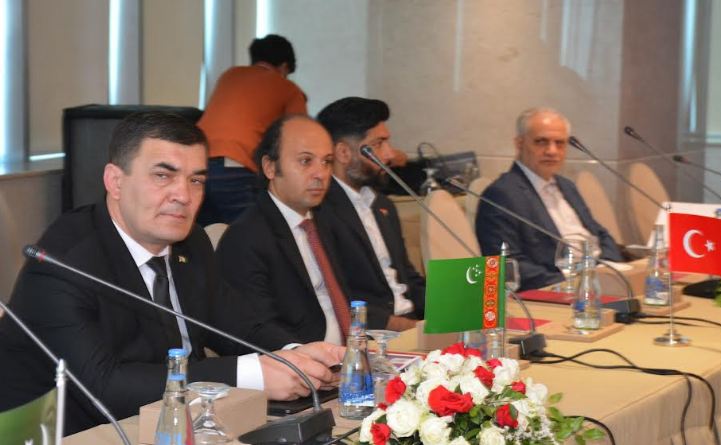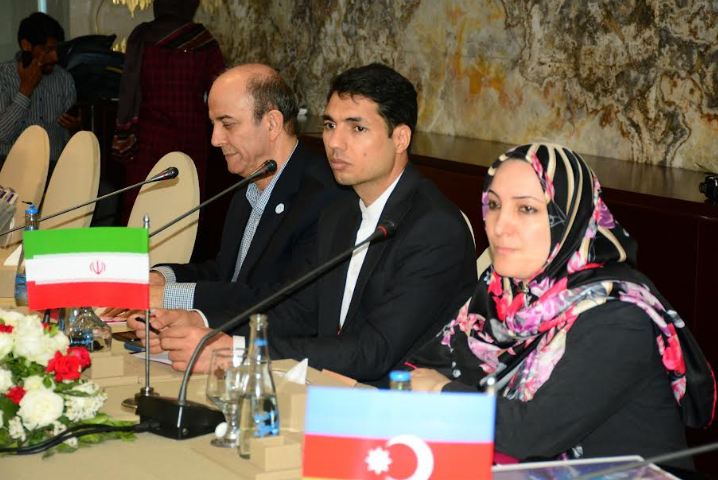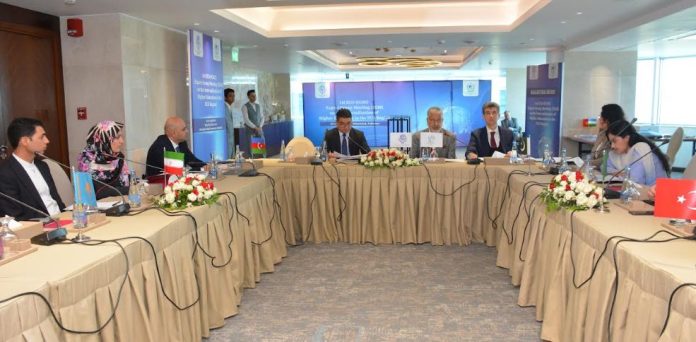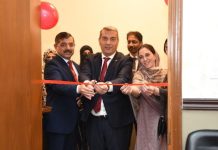ISLAMABAD, APR 15 /DNA/ – The Higher Education Commission (HEC) of Pakistan, the Economic Cooperation Organisation (ECO) Secretariat, and the ECO Educational Institute (ECO-EI) are jointly organizing a two-day Expert Group Meeting on Internationalisation of Higher Education in the ECO Region here in Islamabad from April 15-16, 2025.

Representatives from Pakistan, Azerbaijan, Iran, Tajikistan, Türkiye, Turkmenistan, Kazakhstan, ECO Secretariat, ECO-EI, British Council, European Union, and Eskisehir Anadolu University have come together to develop a draft action plan on internationalisation of higher education in ECO region
The initiative seeks to enhance collaboration, academic exchange, and strategic partnerships among higher education institutions within the ECO member states. It also provides a platform for senior officials, higher education experts, and international stakeholders to discuss best practices, challenges, and opportunities related to internationalisation.

Setting tone of the meeting, Chairman HEC and the Chair of the EGM Prof. Dr. Mukhtar Ahmed in his opening remarks said that, “The growth of any country depends on promotion of its higher education sector. With the emergence of new tools of education, even the developed countries are struggling, let alone the developing countries that used to learn from them. At such a time, the ECO has taken a critical step to call an EGM that brings together the stakeholders of the region to come together and find a solution. Let’s use this opportunity to foster opportunities to collaborate so we can make the best use of the new technology and infrastructure, while ensuring that not just our own country but the whole region progresses in the right direction.”
In his introductory address, the President ECO-EI Prof. Mehmet Akif Kirecci highlighted the importance of internationalising higher education in the ECO region and ECO-EI’s role in fostering academic collaboration, student and faculty mobility, and research partnerships among member states.
“The key issues that the education sector needs to address today are of global nature. No single stakeholder can solve them. The only way forward is to join hands and help each other achieve the mutual goal. The role of ECO in bringing together the mental capabilities of the member countries is substantial. By collaborating, we can amplify our voice in the global education landscape and establish our roles in leading the modern world,” he said.
Established in 1964 in Tehran as Regional Cooperation for Development, and later renamed in 1985 as ECO, the organisation had Pakistan, Iran, and Turkey as the founding members with a goal to create amenable and conducive conditions for the promotion of sustainable economic development in the region aiming at the joint welfare and wellbeing of member states. Countries including Azerbaijan, Afghanistan, Kazakhstan, Tajikistan, Turkmenistan, and Uzbekistan also joined the organisation in 1990.
The opening ceremony was followed by three sessions. The first session presented an Overview of Higher Education in the ECO Region and Best Internationalisation Practices. Representatives from member states provided an overview of the current state of higher education in their respective countries. They highlighted challenges and opportunities for internationalisation, sharing insights on policies, academic mobility, and cross-border collaboration.
The second session collected input from ECO-EI and other International Organisations on Internationalisation of Higher Education in ECO States. Whereas, the third session consisted on Presentation of Draft Action Plan 2025-2030 on Internationalisation of Higher Education in the ECO Region for debate among experts, allowing them to suggest any modification or addition to ensure all aspects of internationalisation are thoroughly reviewed and mutually agreed.

















